I’m not going to bury the lede. The Sandman is good. The Sandman is very, very good. There are no showrunners here trying to reinterpret or reimagine the author’s original intent. This isn’t a new take. This isn’t even something supplemental that exists side-by-side with the original. This is your favourite thing, brought to life, in living colour. It is exactly as faithful as you would want it to be. It is both an adaptation and a celebration of the comic book that it’s based on.
Because it would be impossible to make something like this without acknowledging the enormous impact that it’s had on its audience. And Neil Gaiman, David Goyer, and Allan Heinberg have pulled off the impossible, not just in adapting the unadaptable, but in performing an intricate balancing act that welcomes new audiences while still servicing the fans.
Everything I Know About Life I Learned From The Sandman
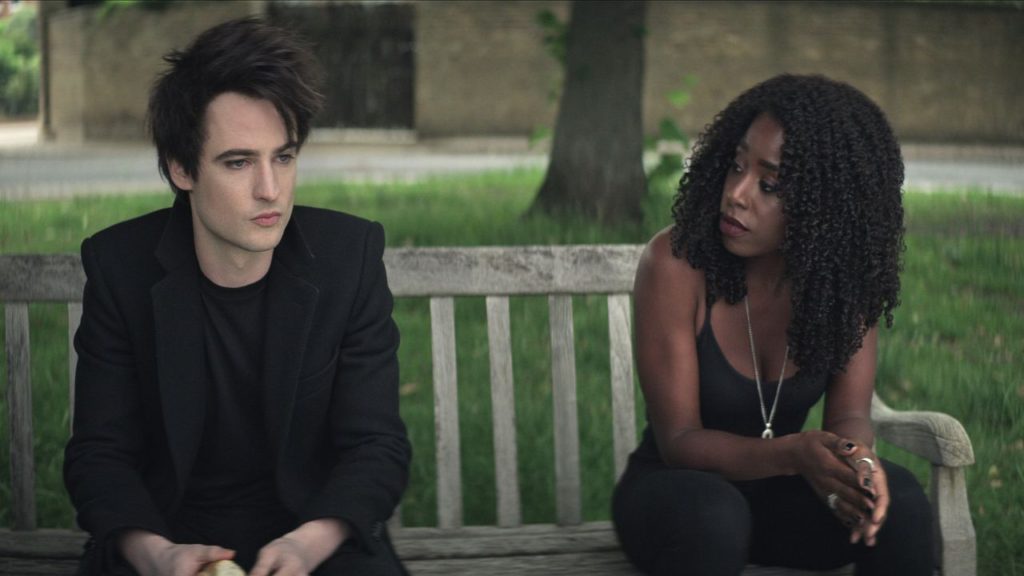
I went into this as a lifelong fan of The Sandman. My first encounter with it was probably when I was about 13. Or maybe 14. I can’t really recall. I was, however, far too young to know what I was actually reading. All I knew was that it was cool because some of the older kids at school were talking about it.
Yes, these were comic books, but they were for grown ups. It wasn’t about superheroes. It wasn’t quite as bright. There was real violence and even some nudity. It felt forbidden. It felt like I was entering a world I wasn’t supposed to. It was exciting. But even more than that, it felt important.
The Sandman was the first comic book I had ever read that was about ideas. About life and death. About the decisions we make and the consequences we have to live with. It was this otherworldly fantasy that explored every aspect of what it meant to be human. I would (and still do) return to the comics every few years or so. And with every subsequent read, which of course took place at different periods of my own life, I would glean something completely different from the stories that Gaiman was telling. So much so that they would become these unofficial checkpoints for where I was at any given moment.
I went into this pleading for it not to suck. While Cowboy Bebop and Jupiter’s Legacy had left me bereft, I was nevertheless cautiously optimistic about this given Gaiman’s involvement. And it wasn’t long before the voices in my head went from, “please don’t suck, please don’t suck,” to “oh, thank God, this doesn’t suck,” to “oh wow, this is actually pretty great.”
So, What Took Them So Long?
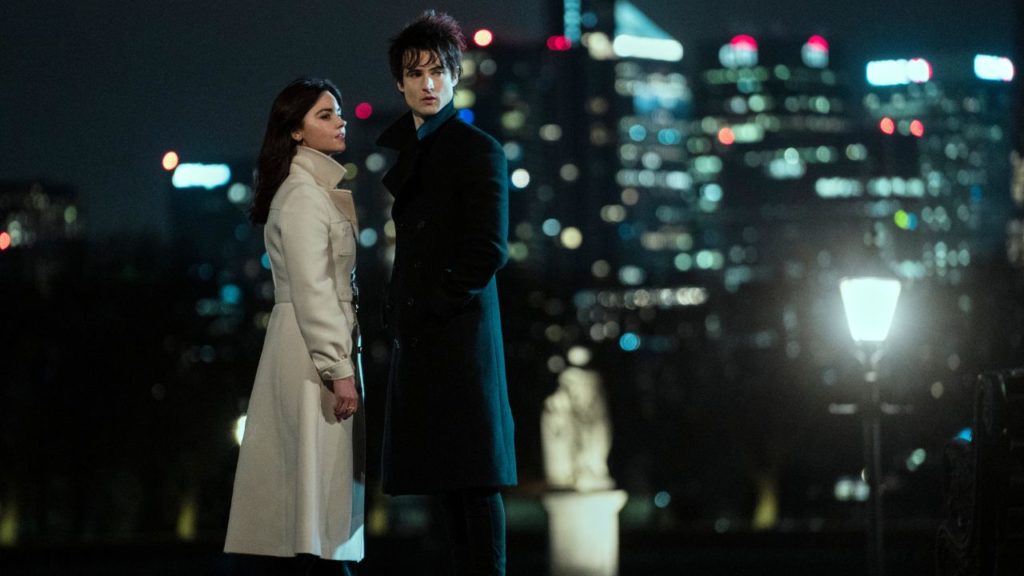
One of the reasons The Sandman has been notoriously difficult to translate to the screen is because it doesn’t quite fit into any of the existing narrative templates that make up contemporary television. It’s not a procedural. There isn’t really a protagonist per se. And it isn’t a single story. There is an overarching thread that eventually ties everything together, but even that isn’t quite the point of it.
While the series is ostensibly about Morpheus, the mythical lord of dreams, it is really a story about stories. It is about every story ever told. Gaiman draws inspiration from everything, from the oral histories handed down from generation to generation, to the religious parables that guide our morality, to the tall tales that we tell our children to entertain them. The Sandman is an affirmation that great stories exist, and should exist, simply for the sake of it.
That is what the comics were, and this series stays true to that form.
My biggest fear about this adaptation was that they would skip over those seemingly inessential stories for the sake of building a larger, interconnected narrative. I was afraid that they would try to add more weight to certain characters, even force a more present protagonist, in some attempt at conforming to a more typical narrative. They didn’t.
The Sandman has faith in its audience. This season covers the first 16 issues of The Sandman comic, beginning with “Preludes and Nocturnes” and finishing at the end of “The Doll’s House” story arc. It isn’t dumbed down or sped up in an attempt to cater to the uninitiated. It isn’t forced to conform to some artificial episodic structure. It spins off in different directions. It isn’t afraid to leave characters behind for an episode or two. It embraces the distractions and digressions that are inherent in the comics. (I honestly can’t wait to see Season 2 handles the next volume of the comics, “Dream Country,” which contains four independent, standalone stories that are some of the best writing that Gaiman has ever put on the page.)
It’s the Same, But Different
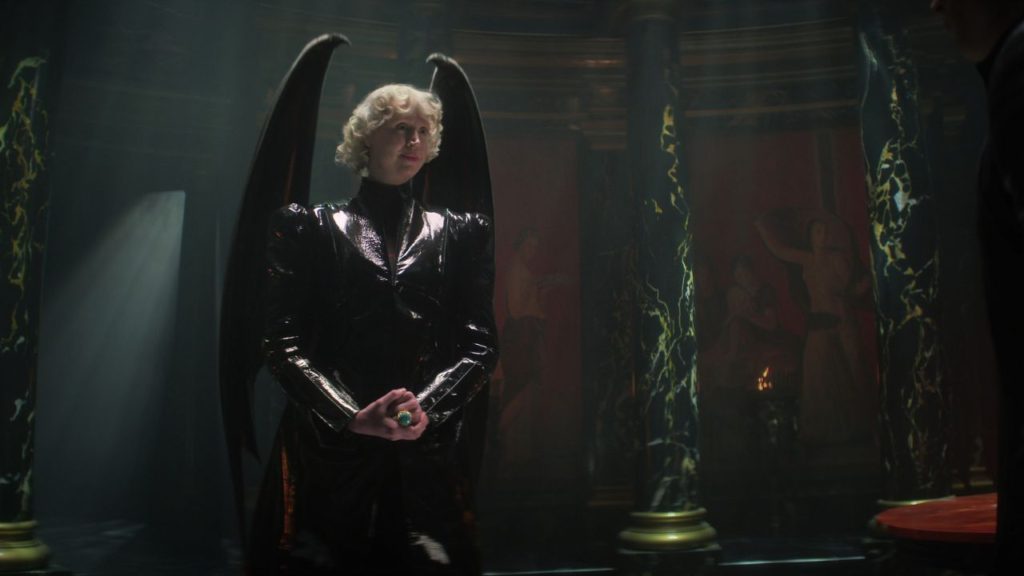
Which isn’t to say that they aren’t any changes. The narrative now takes place in the present and not in 1988. Lucien has been gender swapped to Lucienne. John Constantine is now Johanna. We are introduced to the Corinthian a lot earlier than we were in the comics. And Lucifer Morningstar, the Lightbringer, is played by the magnificent Gwendoline Christie. All of the cameos and casual references to DC’s superheroes are obviously gone (no Justice League, no Hawkman or Martian Manhunter, no Scott Free or Granny Goodness, no Etrigan, no Arkham Asylum).
In fact, every single change that Gaiman, Goyer, and Heinberg have made feels absolutely necessary. By making this version, it feels like Gaiman had that rare opportunity to go back and fix all of the things he was unhappy with. And the series feels tighter and more of a piece because of it.
Dreams of Death and Desire

The cast is also excellent.
Kirby Howell-Baptiste as Death is the same cheerful, compassionate, gothy young woman we loved on the page. Boyd Holbrook is positively menacing as The Corinthian. And Vanesu Samunyai’s Rose Walker is a wonderful surrogate who effortlessly eases us into this complex world. And while we don’t get to see much of him this season, Mason Alexander Park is the Desire that I always had in my mind.
None of this, however, would work without Tom Sturridge.
Tom Sturridge. Tom Sturridge. Tom Sturridge. I could not have hoped for a better Morpheus. He embodies everything that the character is. The silent rage at being held captive for over a century. The aloofness that comes with being an endless creature who transcends time and space. The emptiness he feels for not connecting with humanity on a deeper level. But it is his voice that is just perfect. Sturridge perfectly captures the tonality of what the comics depict as pitch black speech bubbles with all capped white text. It is precisely this voice in your subconscious that welcomes you into dreams.
Now Bring On Season 2
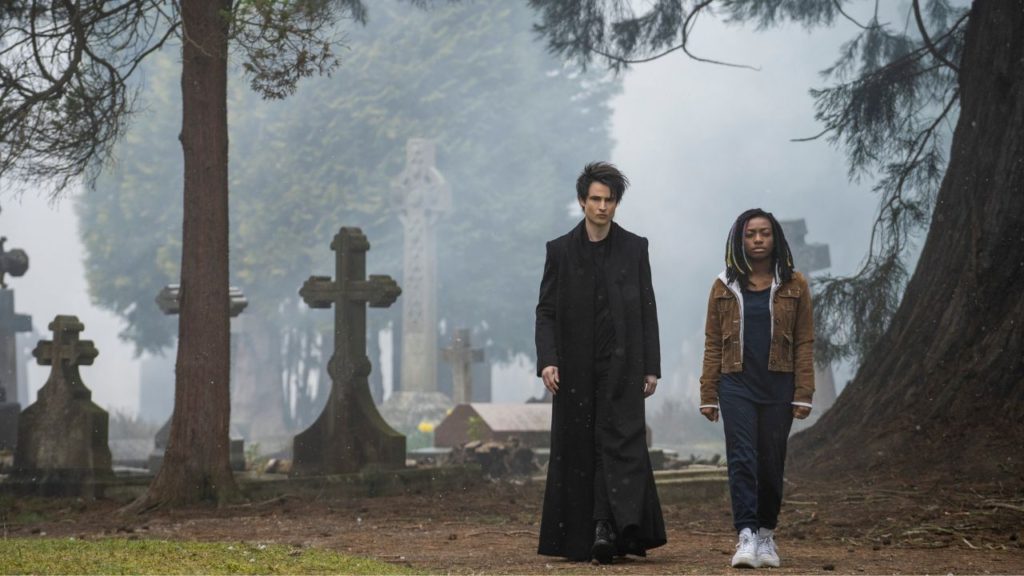
It must be said that The Sandman is also some of the most disciplined filmmaking we’ve seen from Netflix in years. Every episode runs between 37 and 54 minutes and each one is both necessary and sufficient to the story that is being told. There is no bloat. There is no filler. (I’m looking at you Duffer Brothers!) These 10 episodes feel essential.
The Sandman truly is an extraordinary achievement. Not only does it successfully capture the spirit of the original text, it understands everything that made it great, and leans into it completely. It doesn’t shy away from brutality. It isn’t afraid to be hopeful. It is joyous. It is challenging. And I am so happy that it exists.

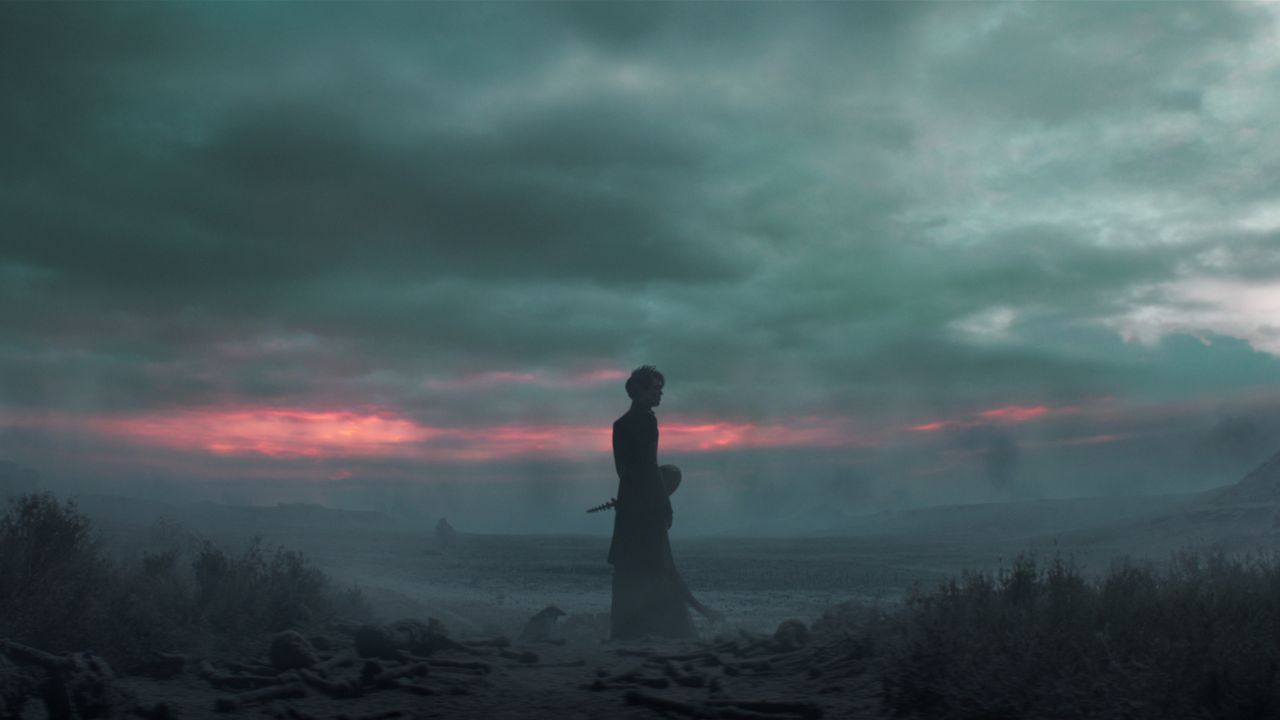


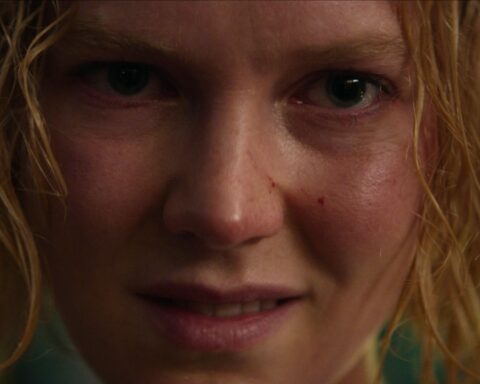

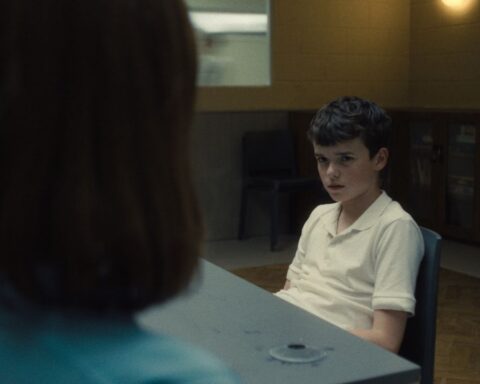

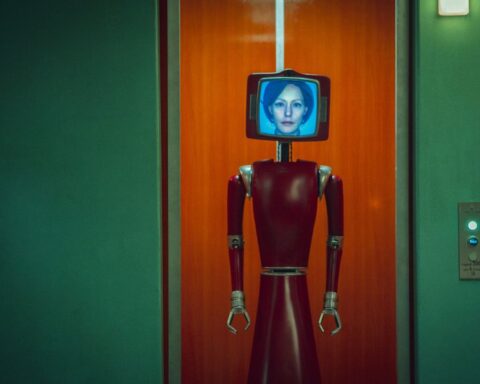
Follow Us